Ever since the 2018 Farm Bill was enacted, THCA has gained significant attention as a noteworthy cannabinoid. While it is not psychoactive by itself, THCA converts into THC when exposed to heat, revealing a wide range of potential advantages. In this blog, we explore the complexities of THCA, its differences compared to THC, and the promising benefits it offers. From products abundant in THCA to various ways of consuming it, our goal is to offer a thorough comprehension of this fascinating cannabinoid.
THCA Explained
THCA, also known as tetrahydrocannabinolic acid, is a type of cannabinoid acid found naturally in untreated cannabis plants. It serves as a precursor to THC and does not cause intoxication, but it has the potential to provide similar benefits as THC. This difference is important in the larger discussion about the legalization of cannabis.
THCA offers a legal alternative for individuals who want to experience THC’s mood-enhancing effects without the risk of legal consequences, as it does not contain psychoactive properties.
Important Information Regarding THCA
THCA, also known as tetrahydrocannabinolic acid, provides a quick summary with important highlights. Above all, it is a non-psychoactive component found in the natural state of cannabis, setting it apart from the mind-altering effects commonly linked to THC.
THCA, a non-psychoactive cannabinoid, boasts potential health benefits including stress relief, anti-inflammation, and brain health support, without causing the characteristic cannabis high. Its activation requires decarboxylation or heating, which converts it into THC and triggers psychoactive effects. However, consuming raw THCA products enables individuals to reap its benefits without the high. Notably, hemp-derived THCA contains less than 0.3% THC by weight, making it legal. These key points summarize THCA’s characteristics, benefits, activation process, and legal status.
Chemical Makeup of THCA
THCA’s chemical makeup presents an intriguing aspect. When cheap thca flower raleigh are in their raw state, they contain high levels of THCA but low levels of THC. However, when subjected to heat, THCA undergoes decarboxylation, transforming into THC and becoming a substance with psychoactive properties. During decarboxylation, a carboxylic acid group is detached from the molecular structure.
Cannabinoids, like CBDA and CBGA, start off in their acidic forms. However, it is only when they are exposed to heat that they transform into their non-acidic, bioavailable states. Although THC is known for its psychoactive properties, recent studies indicate that even inactive THCA may have valuable qualities.
The notion that decarboxylation is necessary for cannabinoid activation has been disputed by recent discoveries. Instead, THCA, the precursor to THC, has been found to offer advantages without the need for conversion. In fact, some people have gone as far as to label raw cannabis buds as a superfood, incorporating them into their diets through smoothies and salads for an extra boost of wellness. (Source – North Carolina Wholesale THCa)
THCA is an exceptional component in the ever-changing world of cannabinoids. Unlike other psychoactive substances, it does not produce mind-altering effects. Its remarkable properties make it an interesting area to delve into, as more studies are conducted to fully comprehend its wide range of potential advantages. This makes THCA a captivating topic within the field of cannabis and its byproducts.

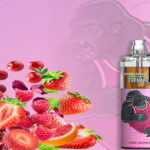
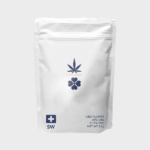
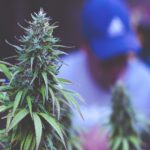
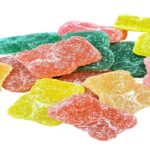
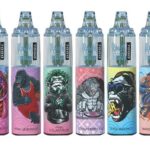
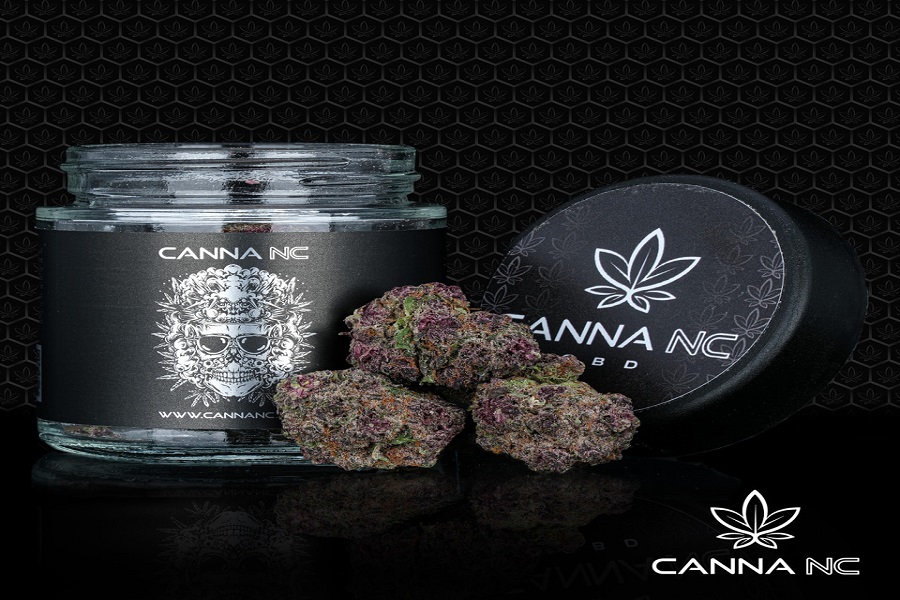
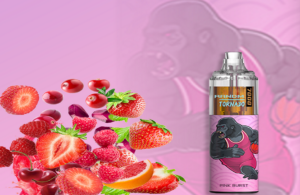
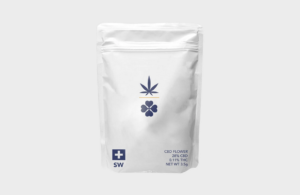
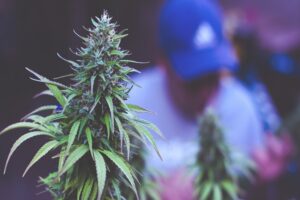
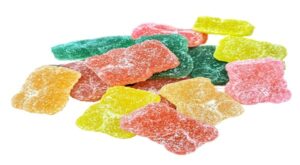
More Stories
Exploring the Mechanics of Disposable Vapes: How They Work and Why They’re Popular
Benefits of Buying CBD Online: Convenience, Variety, and Quality
Examining Weed Wonderland’s Convenience in Weed Delivery